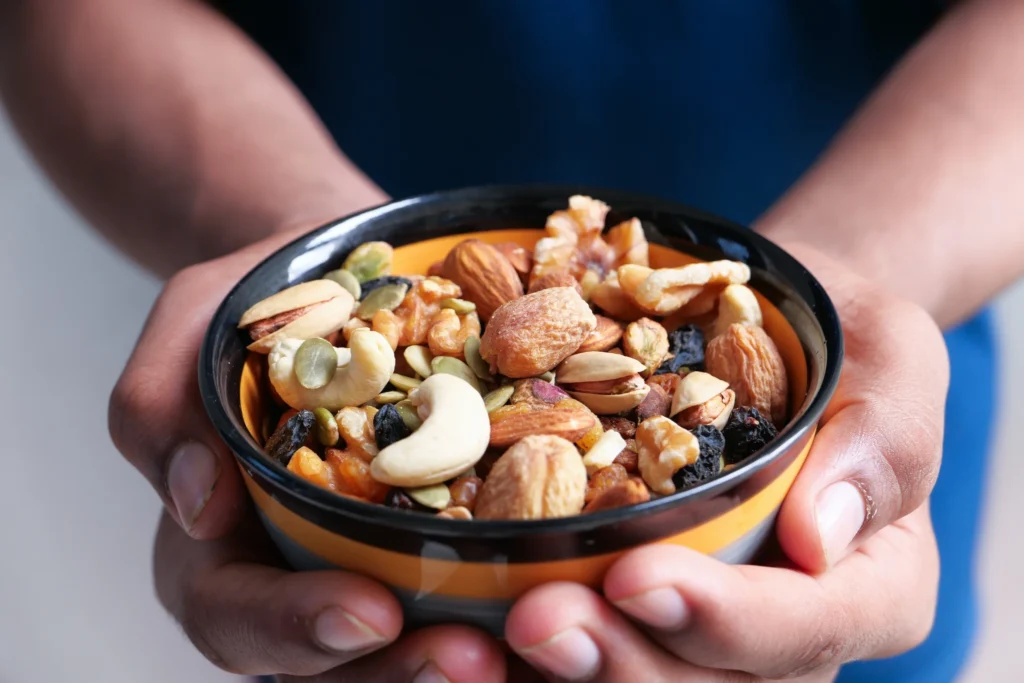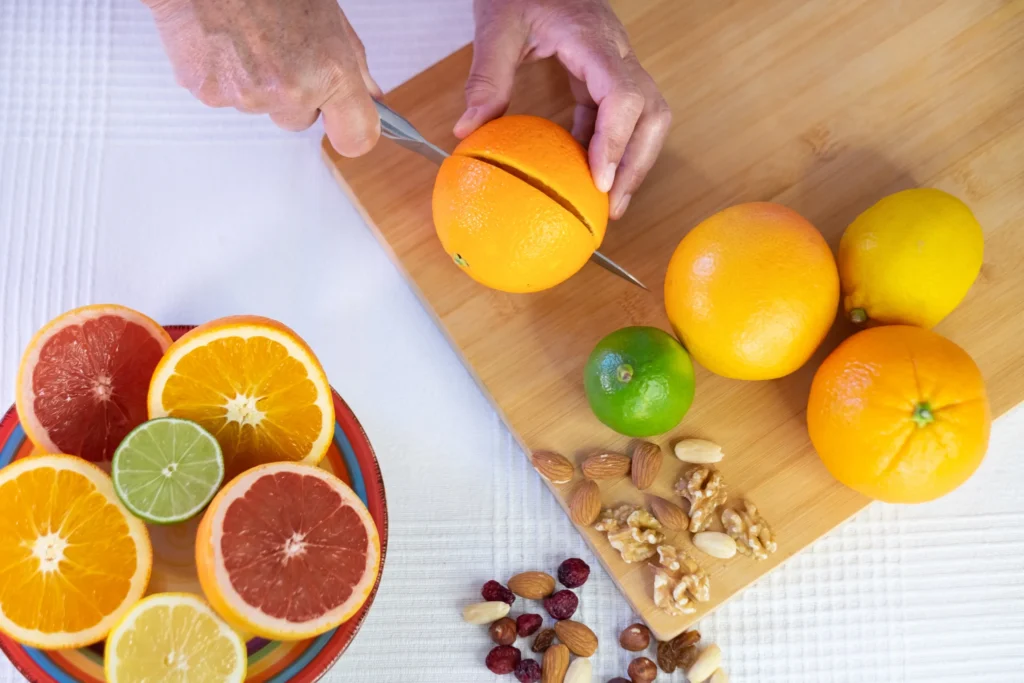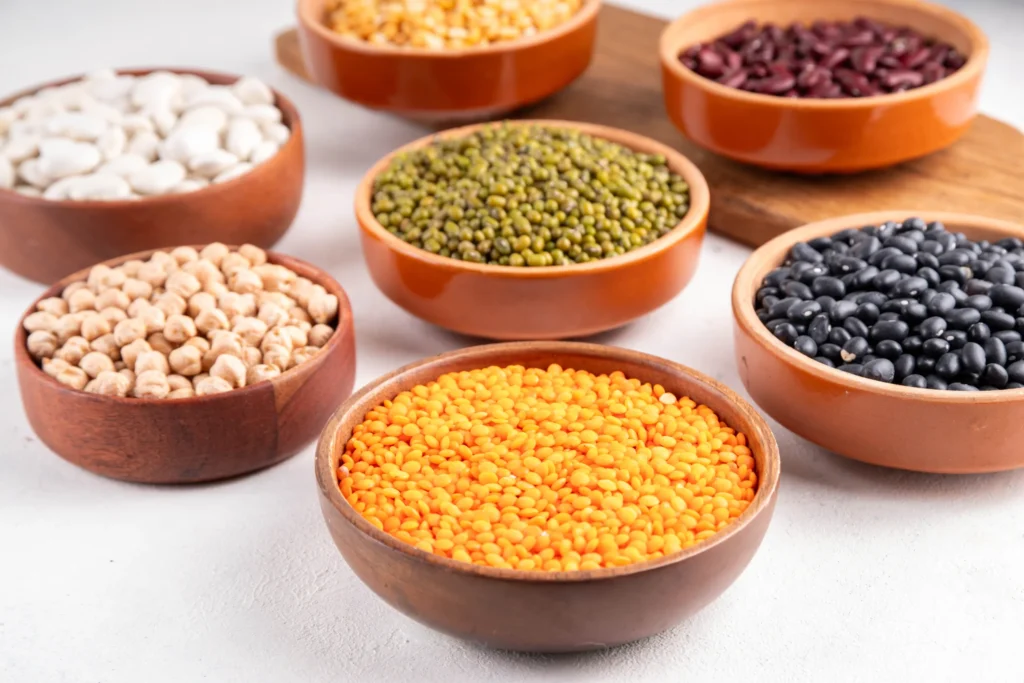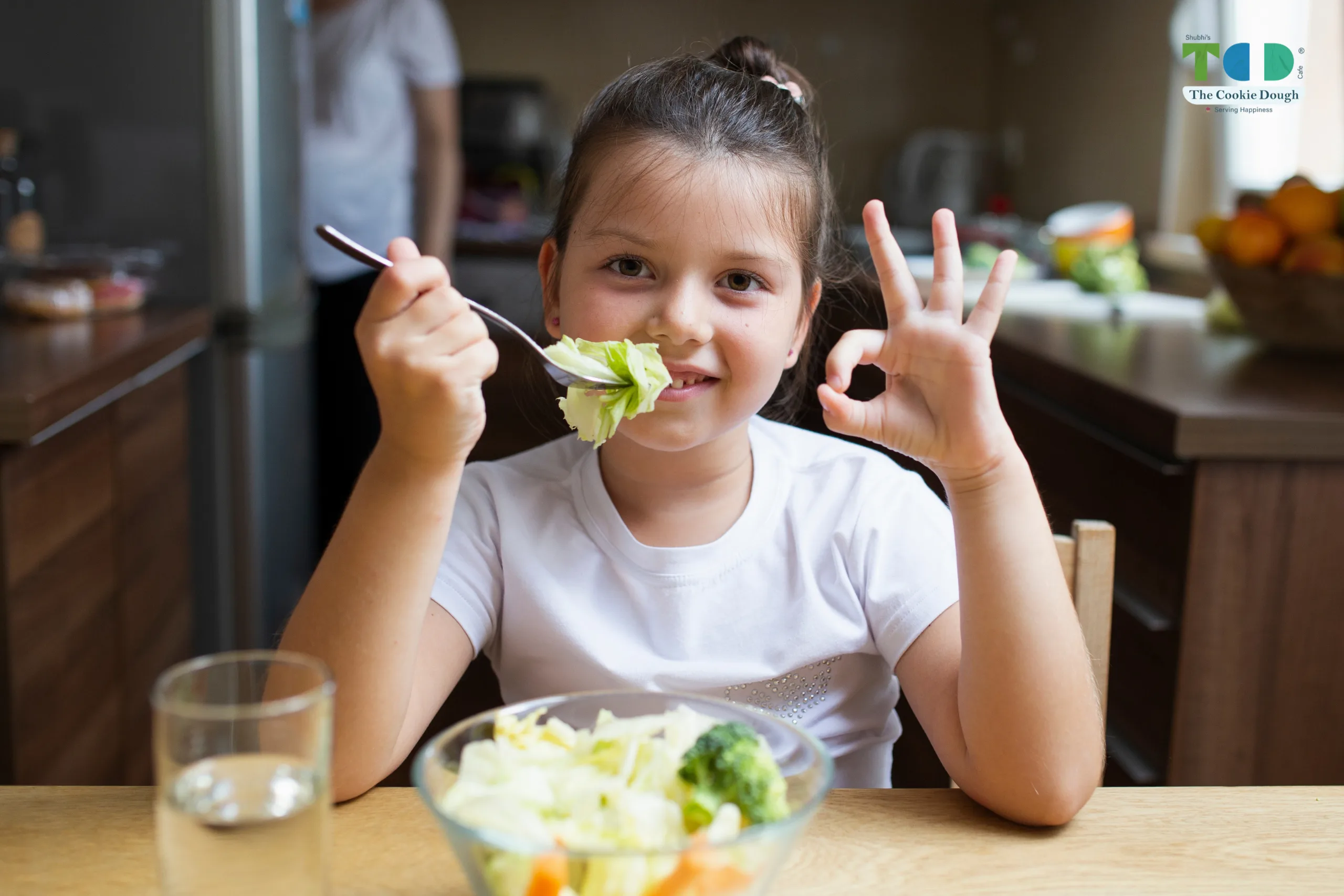– Shubhi Singh
As parents, we always want the best for our children and young adults, especially when it concerns their nutrition and eating habits. In fact, the World Health Organization (WHO) states that proper nutrition from childhood is fundamental to a child’s continued good health, right from birth to adulthood.
It thus becomes imperative to establish healthy eating habits by exposing the young ones to good choices and even educating them about the importance of the right nutrition. A balanced variety of food that supports overall growth, brain development and immunity goes a long way in keeping your child healthy, active and fit.
Let us encapsulate some healthy eating habits that you should inculcate among your children:
- Start the day with nuts and seeds – Almonds, walnuts, chia, flaxseeds and other varieties of nuts and seeds are known for their ability to supply healthy fats, protein and vitamin E to children.

- No substitute for milk and eggs – Milk and dairy products like yogurt and cheese provide calcium and vitamin D for strong bones. “Eggetarians” can consume eggs to benefit from high-quality protein that is essential for brain development.
- Millets and whole grains for energy – Whole grains like brown rice, oats and millets provide long-lasting energy through complex carbohydrates and B-Vitamins.
- Do not miss out on nutrient-rich fresh fruits – Your young ones must consume fresh fruits, especially bananas, apples, berries and papayas, which are rich in antioxidants, fiber and essential vitamins. To improve iron absorption, combine iron-rich foods with vitamin C that is found abundantly in citrus fruits.

- Build immunity and good skin with veggies – A colourful variety of vegetables, especially carrots, bell peppers and broccoli contributes to building strong immunity as well as healthy skin.
- Make a habit for children to consume green veggies – Green leafy vegetables such as spinach and fenugreek are packed with iron, fiber and folate, promoting healthy blood and digestion.
- Gain health benefits with pulses and legumes – Lentils and chickpeas are excellent sources of plant-based protein and iron.

- Fish for non-vegetarians – Fatty fish such as salmon and sardines are rich in omega-3 fatty acids, which actively support brain and eye health.
- Improve cognitive functioning with healthy fats and oils – Healthy fats from ghee (in moderation), coconut oil, nut butters and avocado are vital for brain function and the absorption of fat-soluble vitamins.
- Limit junk food and sugar-laden snacks – Avoid fast food, sugary snacks and processed foods as far as possible. Instead, offer small, frequent and healthy meals that will not only satiate their hunger but also prevent them from falling ill.
- Proper hydration at all times is a must – Keeping children well-hydrated with water and natural fruit juices are also critical to maintaining their vitality and good health.

